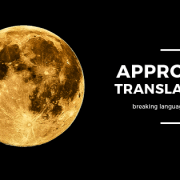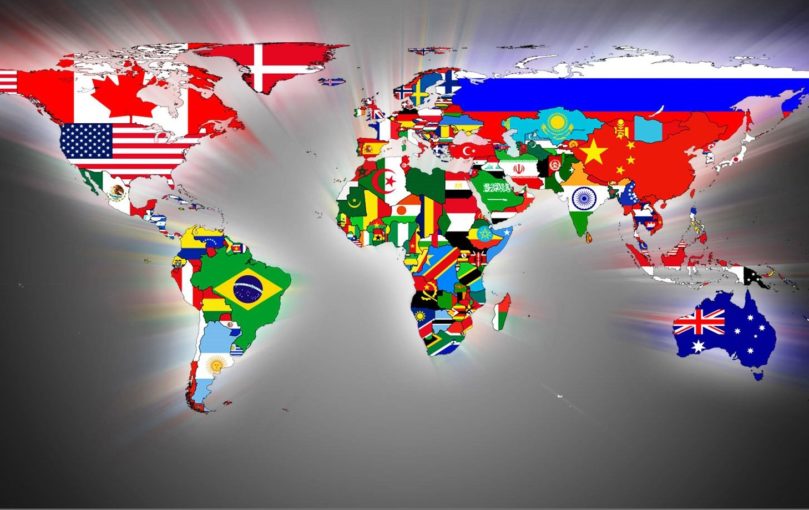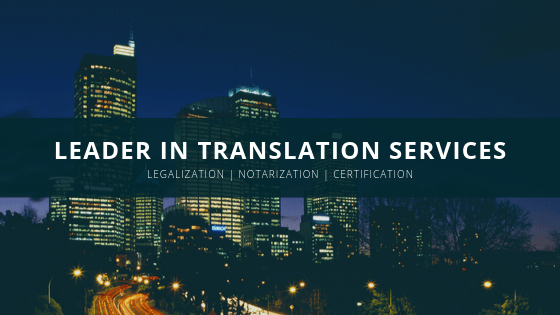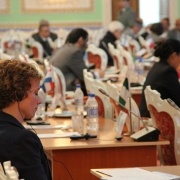The professional ethics of translation
The professional ethics of translation have traditionally been defined very narrowly:
it is unethical for the translator to distort the meaning of the source text.
there are many cases when the translator is explicitly asked to “distort”
the meaning of the source text in specific ways, as when adapting a text for
television, a children’s book, or an advertising campaign.
From the translator’s internal point of view, the ethics of translation are more
complicated still. What is the translator to do, for example, when asked to translate
a text that s/he finds offensive? Or, to put that differently, how does the translator
proceed when professional ethics (loyalty to the person paying for the translation)
clash with personal ethics (one’s own political and moral beliefs)? What does the
feminist translator do when asked to translate a blatantly sexist text? What does
the liberal translator do when asked to translate a neo-Nazi text? What does the
environmentalist translator do when asked to translate an advertising campaign for
an environmentally irresponsible chemical company?
As long as thinking about translation has been entirely dominated by an external
(non translator) point of view, these have been non questions — questions that have
not been asked, indeed that have been unaskable. The translator translates whatever
texts s/he is asked to translate, and does so in a way that satisfies the translation
user’s needs. The translator has no personal point of view that has any relevance at
all to the act of translation.
From an internal point of view, however, these questions must be asked. Translators are human beings, with opinions, attitudes, beliefs, and feelings. Translators
who are regularly required to translate texts that they find abhorrent may be able
to suppress their revulsion for a few weeks, or months, possibly even years; but they
will not be able to continue suppressing those negative feelings forever.
Translators, like all professionals, want to take pride in what they do; if a serious clash between
their personal ethics and an externally defined professional ethics makes it difficult or impossible to feel that pride, they will eventually be forced to make dramatic decisions about where and under what conditions they want to work.
And so increasingly translators are beginning to explore new avenues by which
to reconcile their ethics as human beings with their work as translators. The
Quebecoise feminist translator Susanne Lotbiniere-Harwood (1991), for example,
tells us that she no longer translates works by men: the pressure is too great to adopt
a male voice, and she refuses to be coopted. In her literary translations of works by
women she works very hard to help them create a woman-centered language in the
target culture as well. In The Subversive Scribe Suzanne Jill Levine (1992) tells us that
in her translations of flagrantly sexist Latin American male authors, she works —
often with the approval and even collaboration of the authors themselves — to subvert
their sexism.












